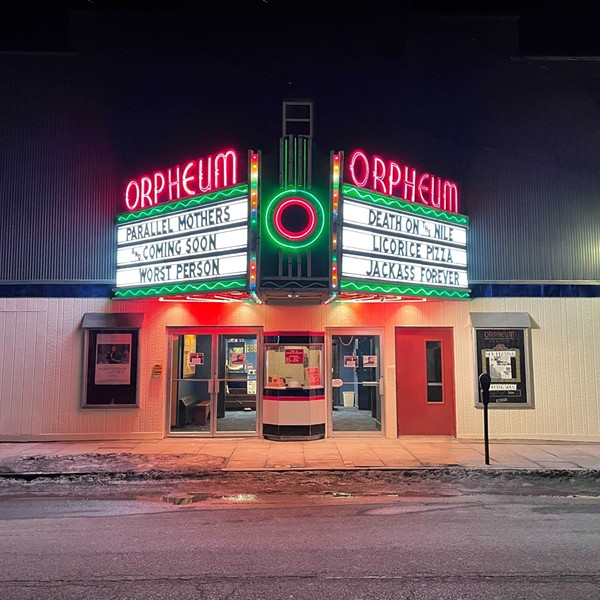The yoga world has its own particular brand of fame, bringing the salutations of adoring disciples in body-skimming clothes. To be a guru among these limber spiritual seekers is a responsibility—and one that Sharon Gannon and David Life do not take lightly. They created the Jivamukti Yoga Method—a physically rigorous and intellectually rich practice rooted in ancient wisdom and scriptures—in 1986; ever since, they’ve been honing their message that yoga is about much more than being able to wrap your foot behind your head.
Strong voices for veganism, animal rights, and the environment, Gannon and Life are yogi activists who remind everyone in their path that if you free the ass, the mind will follow. Their Jivamukti Yoga School has expanded beyond New York City to Canada and Europe, and the pair travel the world teaching workshops, giving lectures, training teachers, and circling back to the idea that the true aim of yoga is liberation and enlightenment. Images of the couple capture their trademark intensity (Life’s talk is peppered with references to the Yoga Sutras and other venerable texts) mixed with playfulness (Gannon has been photographed in crow pose flaunting a gown and high-heeled shoes). During a hiatus from a teaching tour that will send the duo as far afield as Bali and Japan, I caught up with Gannon and Life taking refuge at their upstate home and ashram, the Wild Woodstock Forest Sanctuary, amid the creatures of the woods they love so well.
What drew you to Woodstock to create your home and ashram here?
Advice to those who wish to live with a lighter spirit?
Life: Suffering is optional. The key to realizing the option is the understanding that the world is not coming at you but is a projection of your own state of mind. Yoga practices are designed to lift the veil of ignorance of which suffering is a part. But not everybody is interested in standing on their head! Everyone is interested in eating food and spends a large part of the day shopping, preparing, and eating food. If a person were to become a more conscious eater, that could be a path to enlightenment. The most simple guideline for conscious eating is to cause the least amount of pain and suffering as possible with your choices. Applying that criteria to the food on your plate becomes a spiritual practice, a political statement, based on the vision of a peaceful world.
How did you come to see veganism as a way to express the yogic principle of ahimsa (nonharming)?
Gannon: I realized that I was an abolitionist. I did not like the idea of slavery. I realized that our culture was a culture of slavery—where the Earth and the animals are viewed as exploitable. I want to dismantle this present culture. Yoga provides us with the means to do that, stating that through friendliness and kindness strength and success will come. The yogi strives to live in harmony with the Earth—to live in a way that enhances the lives of others and the planet. Animals raised for food are enslaved and routinely tortured, all of their rights taken from them. They are treated as exploitable commodities—not as persons and certainly not as enlightened holy beings. When you stop participating in the cruel exploitation of animals you take the first step toward your own freedom.
Life: Actually, before we were teaching yoga we were actively working for the animals. At that time (early 1980s) I was co-owner of Life Café in New York City and the café had always featured vegan food. Each year, Sharon and I staged an All Species Parade around Tompkins Square Park celebrating Dog Days and the return of the star Sirius. We were also studying and practicing yoga. It was obvious to us that the methods of yoga led to reintegration with the world around us and the other Earthlings that we share that world with.
Do you believe in the evolution of human consciousness?
Life: It’s a good idea. But we’re not very good at perceiving change that occurs over long periods of time. If the daily increments are small enough, then we don’t even notice them accumulating. That’s why reductions of greenhouse gases and other global warming initiatives are so slow on the uptake. It’s the same with cancer and heart disease and obesity; they just accumulate one meal at a time. The world is coming to a slow boil and we won’t really perceive it as a reality until it is already here. By evolution, we can mean a new model, an upgrade; but consciousness doesn’t need an upgrade. Consciousness is fully evolved and infinite. What can change is the degree that we are conscious, as opposed to unconscious.


















